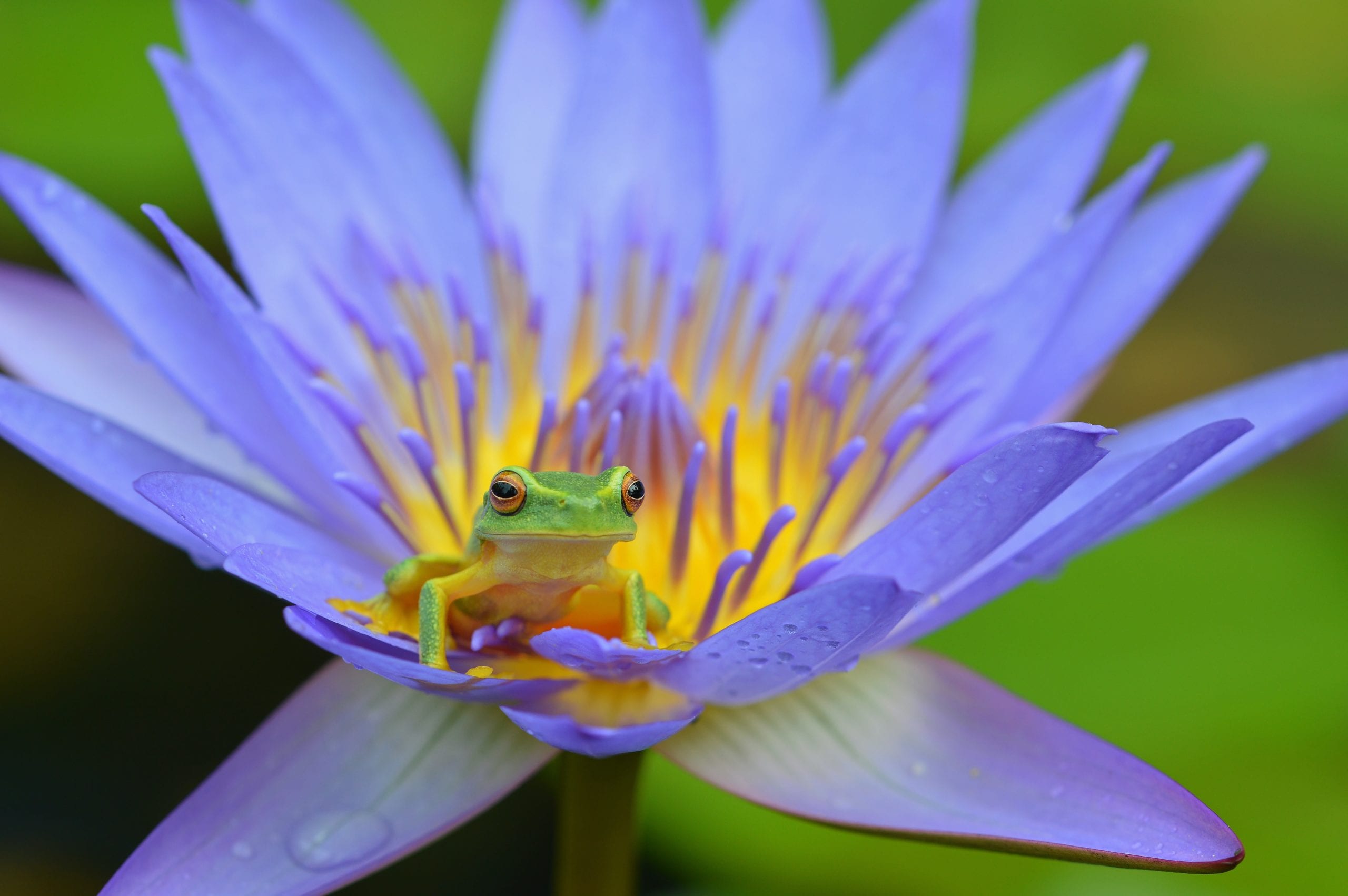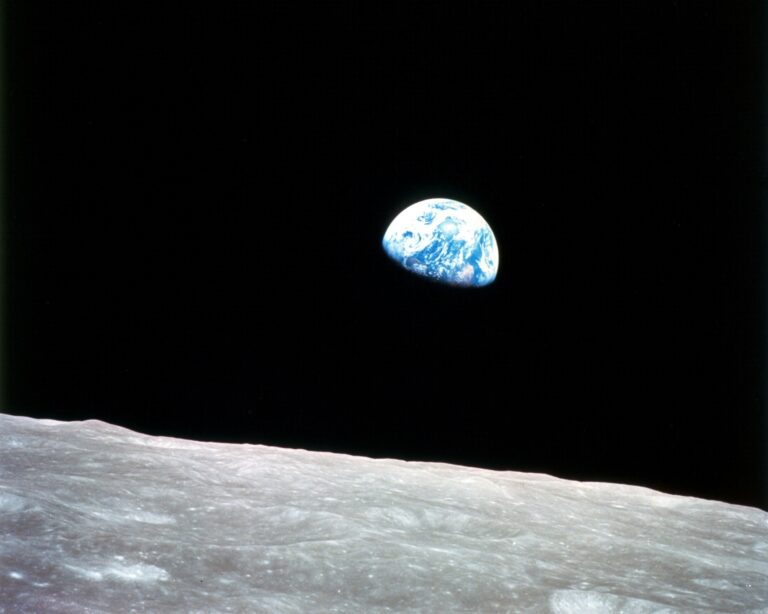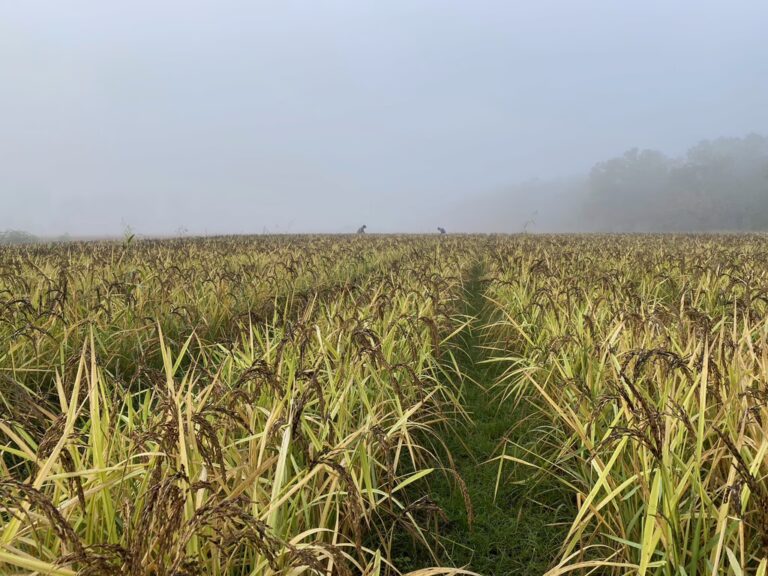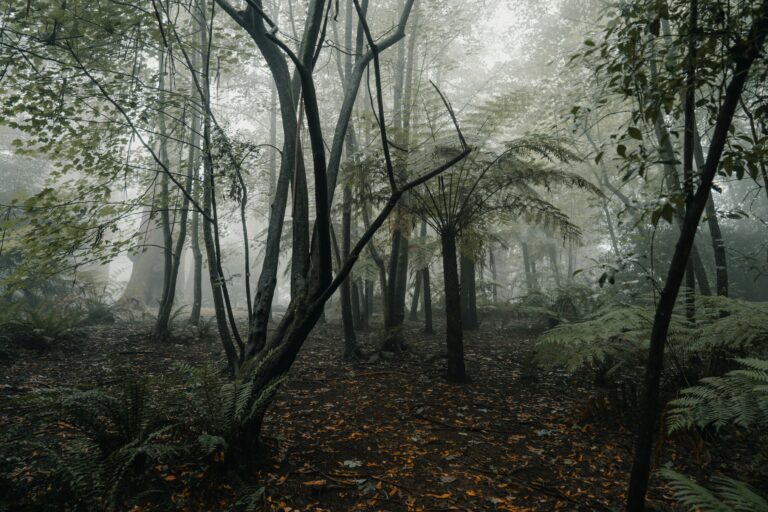As an annual observance, Earth Day has been, for me and perhaps for you, complicated.
While I appreciate the intention to turn our collective attention to the health and even spiritual value of Earth, the allocation, one day out of three-hundred and sixty five, cries out with glaring insufficiency. In light of multiple looming ecological crises, the urgent need to reimagine and actively reprioritize humanity’s pursuits requires instead daily practice. Happily, in that imagining, we’re not starting from scratch. As we move forward in an enormously complex situation, there are wisdom traditions that support us in remembering to what and just how much we belong.
The Buddha understood that a simple yet powerful level of well-being is available to every one of us through careful attention to reality. While the mind habitually pursues control over outer conditions, the Buddha’s liberation project trains us in internal mastery. To find peace and belonging, we must understand our true nature. Through the Buddhist tradition’s ancient and yet always-fresh practices, we can embrace our vulnerable hearts, see clearly our own minds, and fully understand our individual lives as embedded in an vastly interdependent web of life. Not by dominating life, but by truly understanding our lives and acting on that understanding will the heart find ease and freedom.
There are wisdom traditions that support us in remembering to what and just how much we belong.
In her book Sustainability and Well-Being: The Middle Path to Environment, Society and the Economy, Asoka Bandarage draws a parallel between this individual, inside-out transformation to the collective transformation required for our survival as a species. In scientific and economic terms, she shows us what Buddhist and Indigenous leaders have long understood. The paradigm of economic domination over every aspect of human society and over the Earth must be seen for its inherent delusion and devastating violence. To discover humanity’s place on this beautiful blue planet hanging out in space, we must enculturate a similar inside-out transformation. Well-being for the human species depends on economic priorities that are subject to the needs of a just human society with both economic and human demands subject to the needs of the living Earth.

What does it feel like to bow to this truth? What might our lives look like oriented in this direction? Beyond a conceptual knowing, what will support us in realizing this truth, not just on Earth Day but every day and at every level?
Starting now and starting every day, we can take responsibility for our collective failings. Colonialism, patriarchy, materialism, and white supremacy can be repudiated as a kind of structured clinging to power. Their self-defeating strategies may appear to us moderns as madness but are simply the result of codified, accumulated and enculturated confusion. As a complement to the pursuit of control over outer conditions, our minds habitually reduce and make object of the other, whether that other be another human, tree, animal, or river. This objectifying tendency, when supported and sustained, enables all forms of use, abuse, exploitation and violence.
The beautiful counter move is subjectification — to purposely perceive endless dimensions and ultimate unfathomability not just in the other but in ourselves and in the world. Buddhist teacher and activist Thanissara calls this reclaiming the Sacred. What Indigenous traditions clarify is that the scope of our subjectification must include the lands, waters, four-leggeds, rooted ones, ancestors, and future ones, all members of the Sacred System of Life. 1Credit goes to The Indigenous Women of the Americas – Defenders of Mother Earth Treaty Compact 2015 for this language
But how do we, as practitioners, as “just one person,” respond to that which has been accruing over millennia? The truth is that many of us have far more power than we’re willing to admit and we wonder what it will cost us to use it. Fortunately again, our wisdom tradition provides decisive insights that fully complement those of Indigenous traditions.
A simple yet powerful level of well-being is available to every one of us through careful attention to reality.
This is the Path of Engaged Practice.2Or perhaps this is authentic practice for as Jan Willis, says, “The Buddha was engaged the moment he got up from his seat under the Bodhi Tree.” The tension inherent in engaged practice with its blessings of authentic care and hazards of attachment is fertile ground for contemporary realization. In today’s world, there is no private suffering so no private path to transformation. The need is great and the invitation is immediate. Resisting even the most subtle forms of denial, despair, distraction, and blame, we can meet the truth of ecological crises as both a inescapable teaching and heartrending call for engagement. Devoted to ecological well-being, our practice can be at once humble and fierce.
Through the end of April, you can join One Earth Sangha’s extended exploration of this territory, the intersections of Buddhist and Indigenous wisdom traditions. EcoSattva Training leaders, Thanissara and Pennie Opal Plant as well as Alison Ehara-Brown, set forth not just conceptual understanding but practices that can support awareness of our embedded nature. We are honored to collaborate with these magnificent women and offer their teachings as guidance for transformative response. Join us for this unique program.
Happy Everyday-is-Earth-Day. Thank you for your practice.
References
- 1Credit goes to The Indigenous Women of the Americas – Defenders of Mother Earth Treaty Compact 2015 for this language
- 2Or perhaps this is authentic practice for as Jan Willis, says, “The Buddha was engaged the moment he got up from his seat under the Bodhi Tree.”








